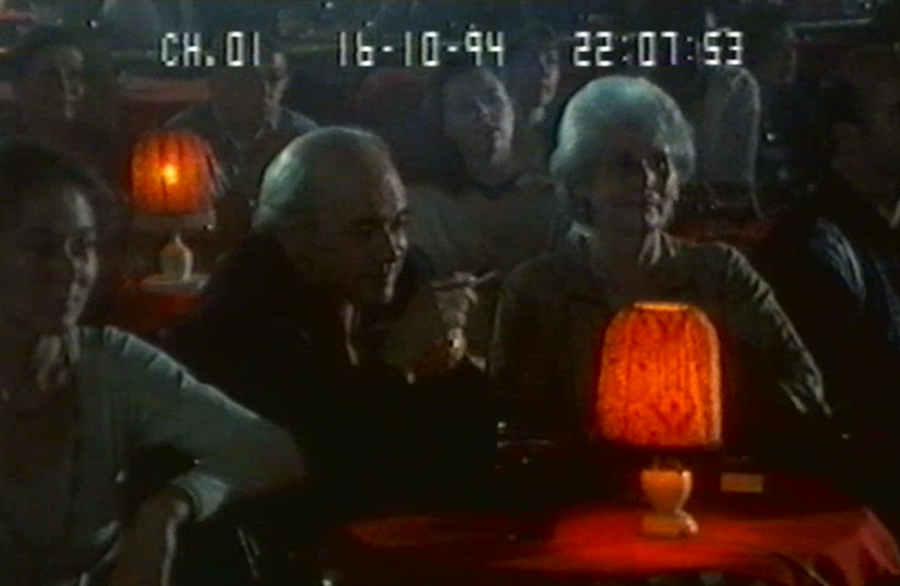I didn’t think this was going to be about me. Two days ago, I was asked a writing question that I didn’t know the answer to, and yesterday I was told the answer by writers who do. That was it, I was solely a conduit, a channel, passing a question one way and an answer the other, and I was very happy to do it.
Only, of course conduits and channels cut into the land and of course rivers reshape that land as they flow. I’m not saying I’ve been dramatically changed, but I’m also not as unaltered as I expected.
Here’s the thing. The question came from a friend on behalf of someone else, someone I don’t know, and the question was to do with this someone else being known. She’s from what I’m told is a pretty strict religious background and family, and her writing examines issues that pretty strict religious backgrounds and families think will go away if you don’t write about them.
Through this friend, this woman wanted advice on how to get published yet insulate herself from being discovered by her family. And the answer came back from Room 204. This is a writer development programme run in my region by Writing West Midlands and my getting on that about ten years ago was possibly the single most useful thing in my career. The programme is only supposed to run for a year, but a decade on, it’s still helping me and an ever increasing number of writers.
Some of whom gave me practical advice to relay back to this woman, others of whom made suggestions that are supportive and useful, and others of whom emailed me privately to make recommendations. All of which I’m sure will help, all of which I’m relaying back, all of which I am grateful for.
But.
I am also left thinking how fortunate I am that I don’t have family or society pressures stopping me writing what I want.
But.
I do.
We all do.
There are things I don’t write about because they’re just of no interest to me at all, and there are things I don’t write about simply because they never occur to me. But if I’m completely honest, I’m not completely honest: there are things I do not write about because I am afraid of the reaction.
I do know that on the three or four occasions I’ve written about these things anyway, the reaction has been startlingly positive, like I’ve tapped in to something that connects us. Which would be what writing should do. And obviously I also know that I’m just wrong to presume that I’ll get any reaction at all.
But I do hold back and unlike this woman I don’t know, maybe most of my inhibitions are self-inflicted.
I should write about these things. We should all write about the things we are afraid to.
You go first.

